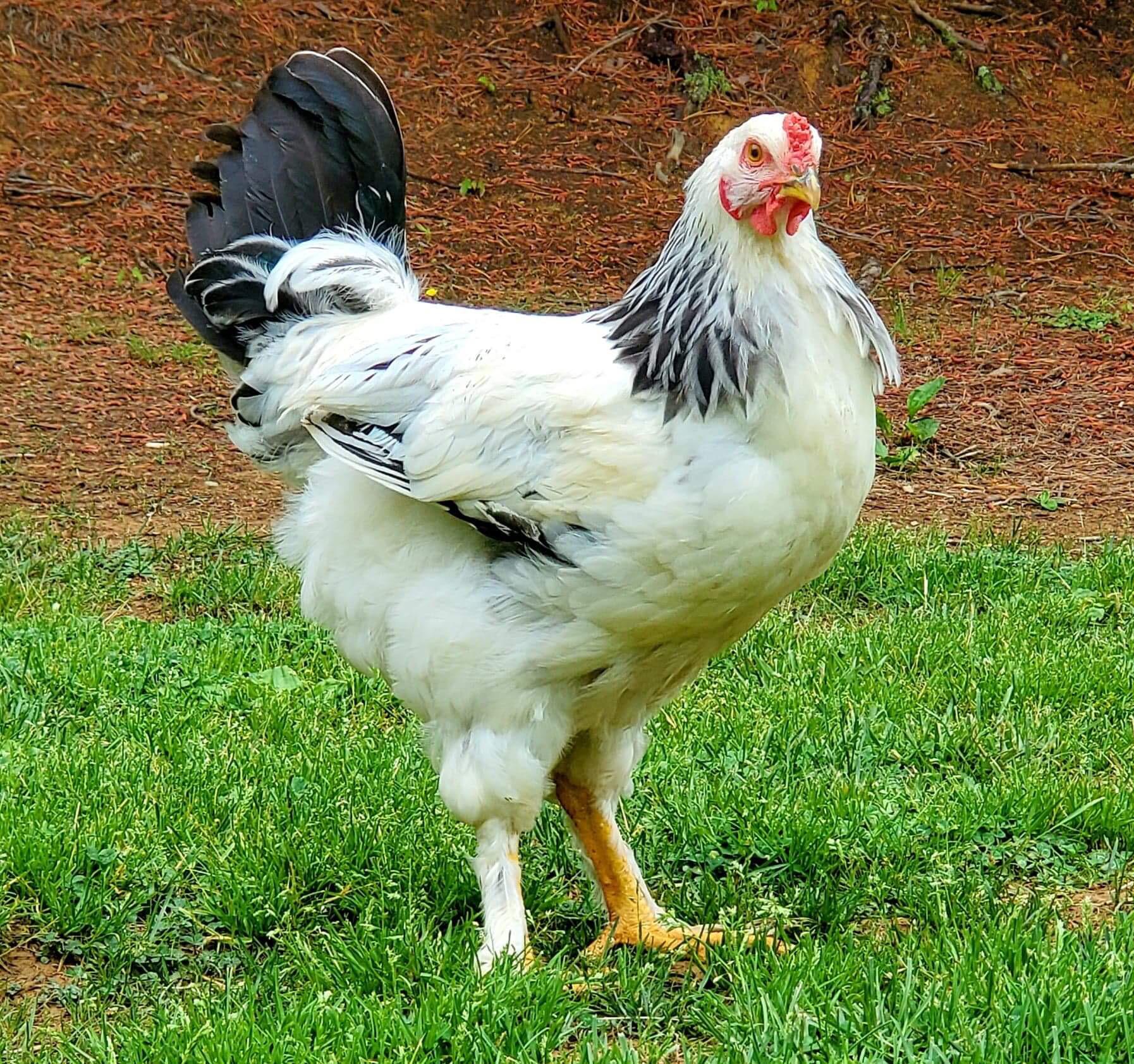A 3 month old rooster is a great addition to any chicken coop. As a responsible chicken keeper, it’s important to know the basics of chicken husbandry in order to ensure your rooster grows up to be a healthy, well-rounded chicken. In this article, we’ll discuss the basics of raising a healthy 3 month old rooster, from proper nutrition and housing to preventative health care. With the right care, your rooster will enjoy a long and healthy life.
What to Expect From a 3 Month Old Rooster
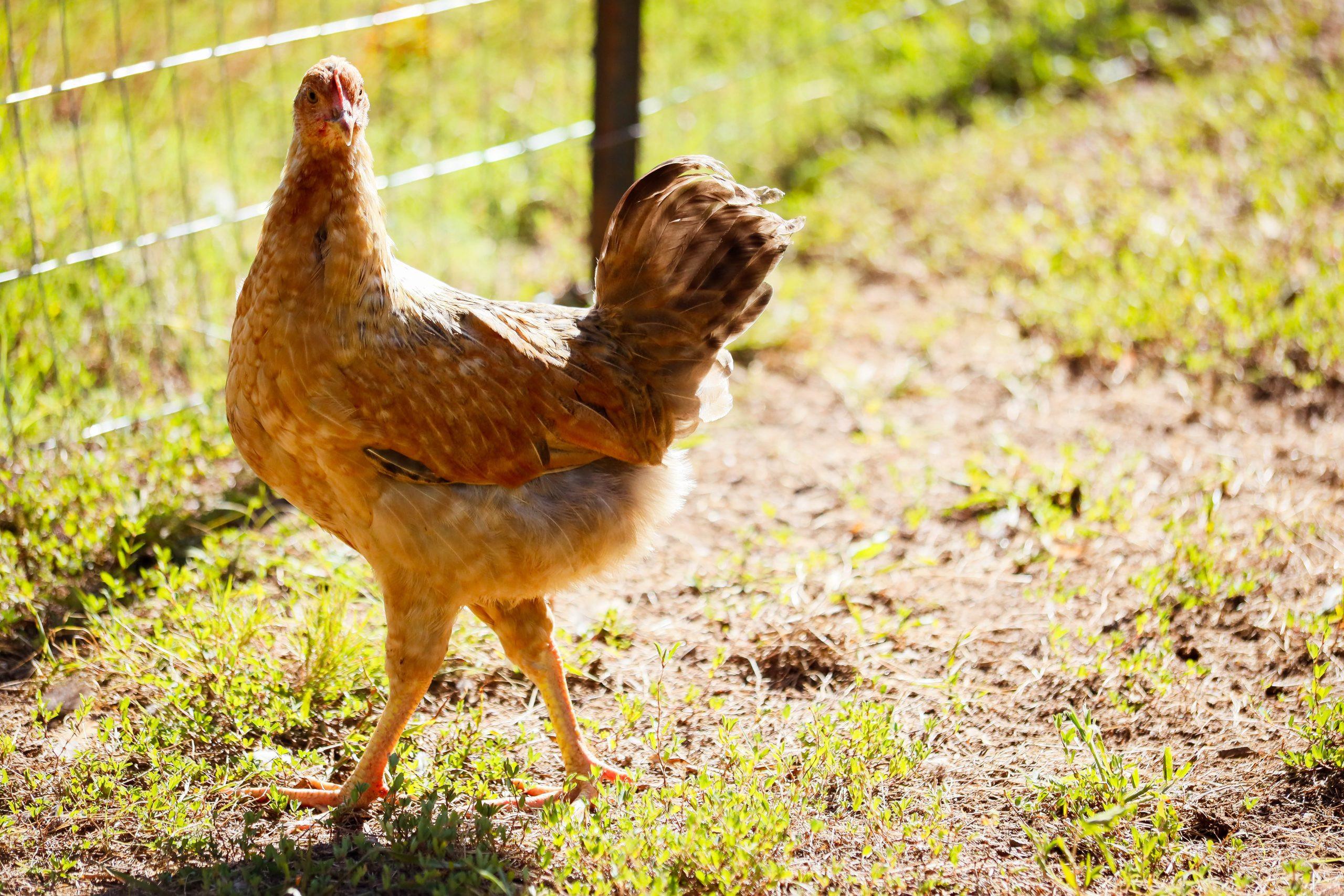
Physical Characteristics
At three months old, a rooster should have reached full physical maturity. He should have a full, long tail and a full comb on his head. His feathers should be sleek and glossy, and he should have saddle feathers on his back. He should also have spurs on his feet, which are the sharp, curved talons used for defense.
Behavioral Characteristics
At three months, a rooster will be incredibly active and curious. He will be very territorial and protective of his flock and will defend them from predators. He will also be aggressive in the presence of other roosters, so it is important to keep a close watch on him. Roosters will also crow often and may display courtship behavior towards hens.
Feeding a 3 Month Old Rooster
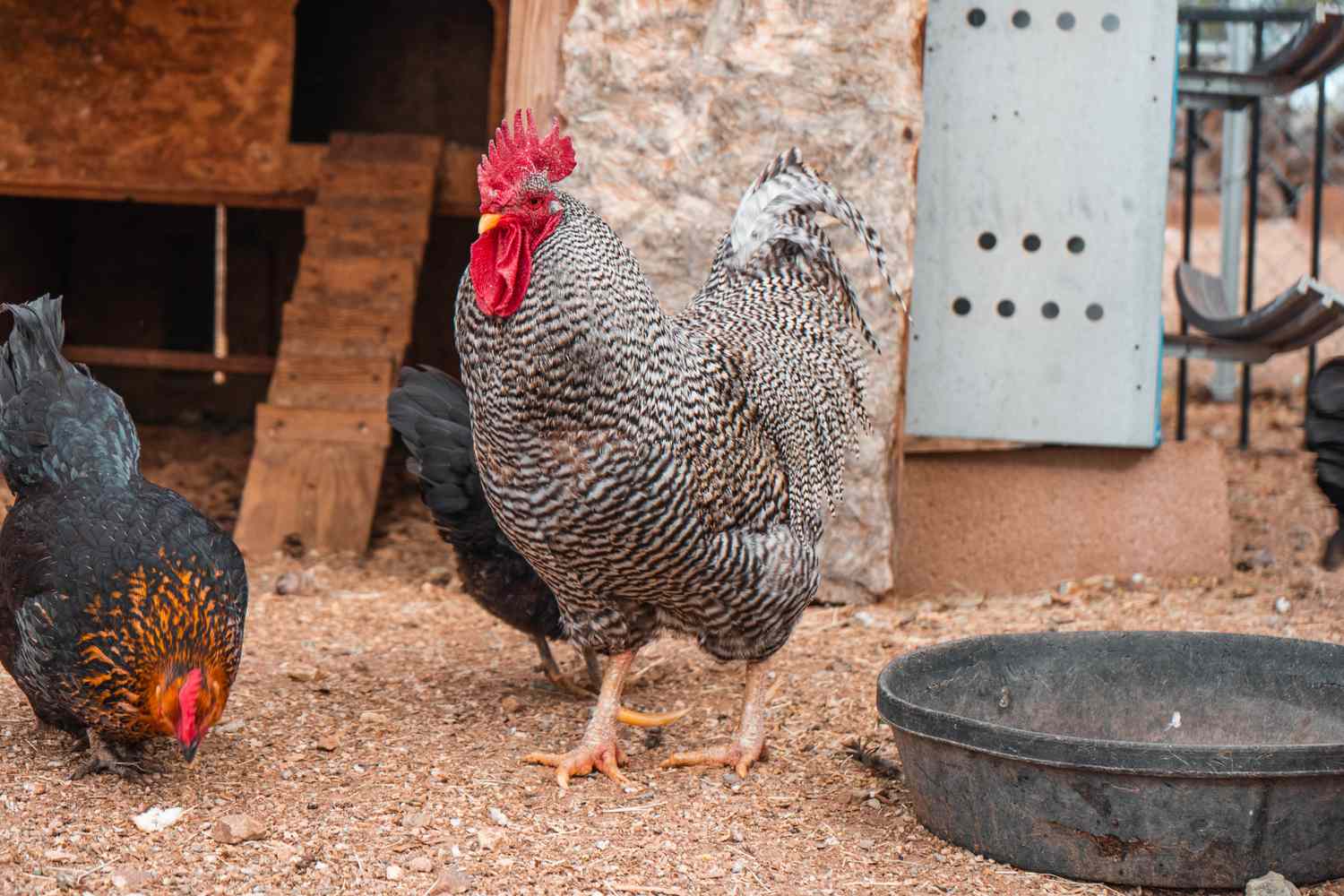
Nutritional Needs
A 3 month old rooster needs a balanced diet that provides all the necessary nutrients it needs to grow and stay healthy. A balanced diet should include a combination of grains and high-quality proteins, such as fish meal, soybean meal, or insect meal. Vitamins and minerals should also be included in the diet. Additionally, the diet should be supplemented with calcium and phosphorus, as well as other trace minerals.
Feeding Schedule
For optimum growth and health, a 3 month old rooster should be fed twice a day. In the morning, give the rooster a mixture of grains and high-quality proteins, as well as vitamins and minerals. In the evening, offer a calcium and phosphorus supplement, as well as other trace minerals. For convenience, the supplements can be mixed in with the morning meal.
It is important to provide access to clean, fresh water at all times. Additionally, providing grit or oyster shell in a separate container will help the rooster digest its food properly.
Sufficient Shelter and Space
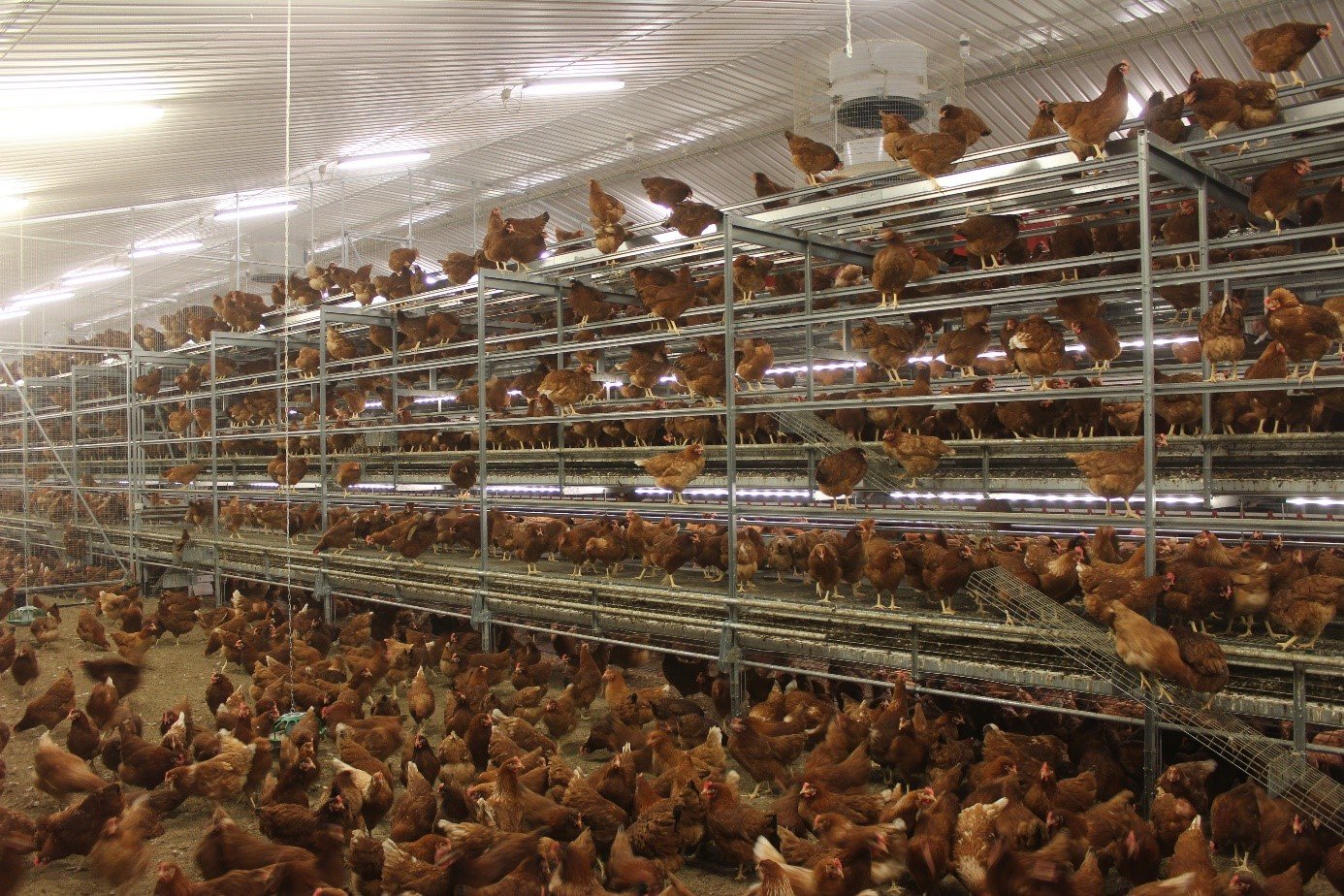
- Shelter: Provide your 3-month-old rooster with a dry, draft-free shelter. This can be a small building, a covered pen, or an area enclosed by a fence to protect them from predators.
- Space: Allow the rooster to roam and forage freely within a safe and secure area. The space should be large enough to allow them to express natural behaviours such as dust-bathing and scratching.
Saddle Feathers on a Young Rooster
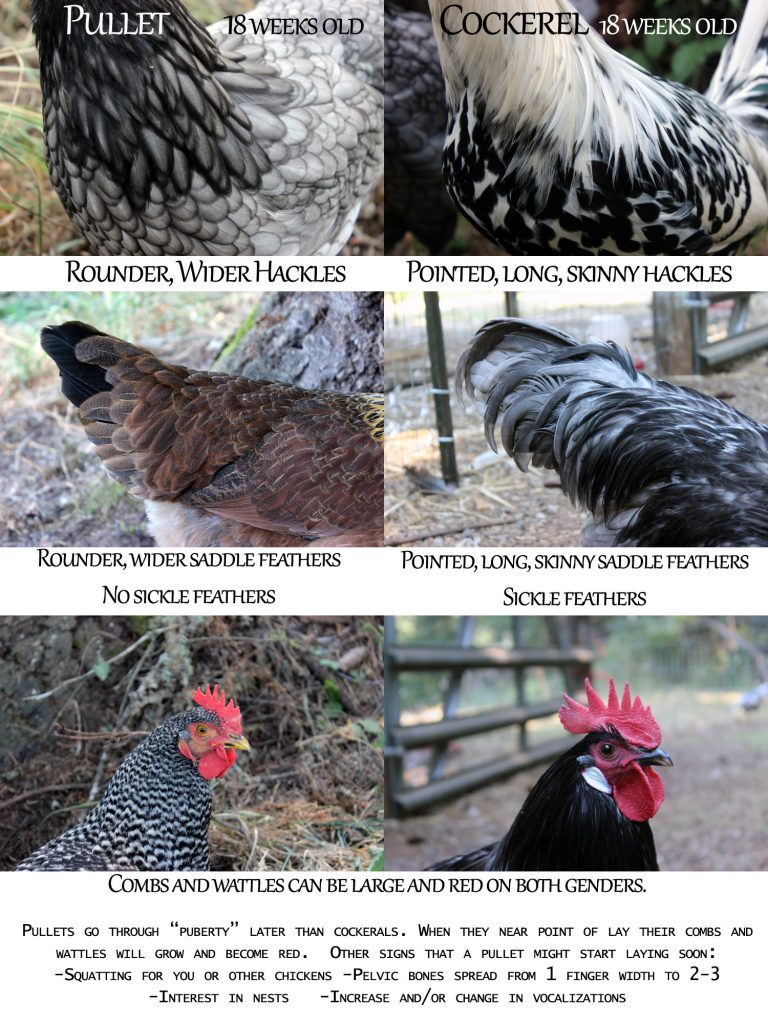
Why Feathers Are Important
Feathers are an essential part of a young rooster’s development. They provide insulation, protection from the elements, and help maintain body temperature. Without a full and healthy set of feathers, a rooster may be more prone to illness and injury. It is important to properly care for the feathers of a young rooster in order to ensure its overall health.
How to Care for Feathers
The best way to care for a young rooster’s feathers is to keep them clean and free from dirt and dust. Regular brushing and combing is recommended to ensure the feathers are free of debris. Additionally, it is important to ensure the feathers are not too wet, as this can lead to bacterial and fungal growth. Finally, providing the rooster with a balanced diet that is rich in protein and calcium can help promote healthy feather growth.
Socialization and Training
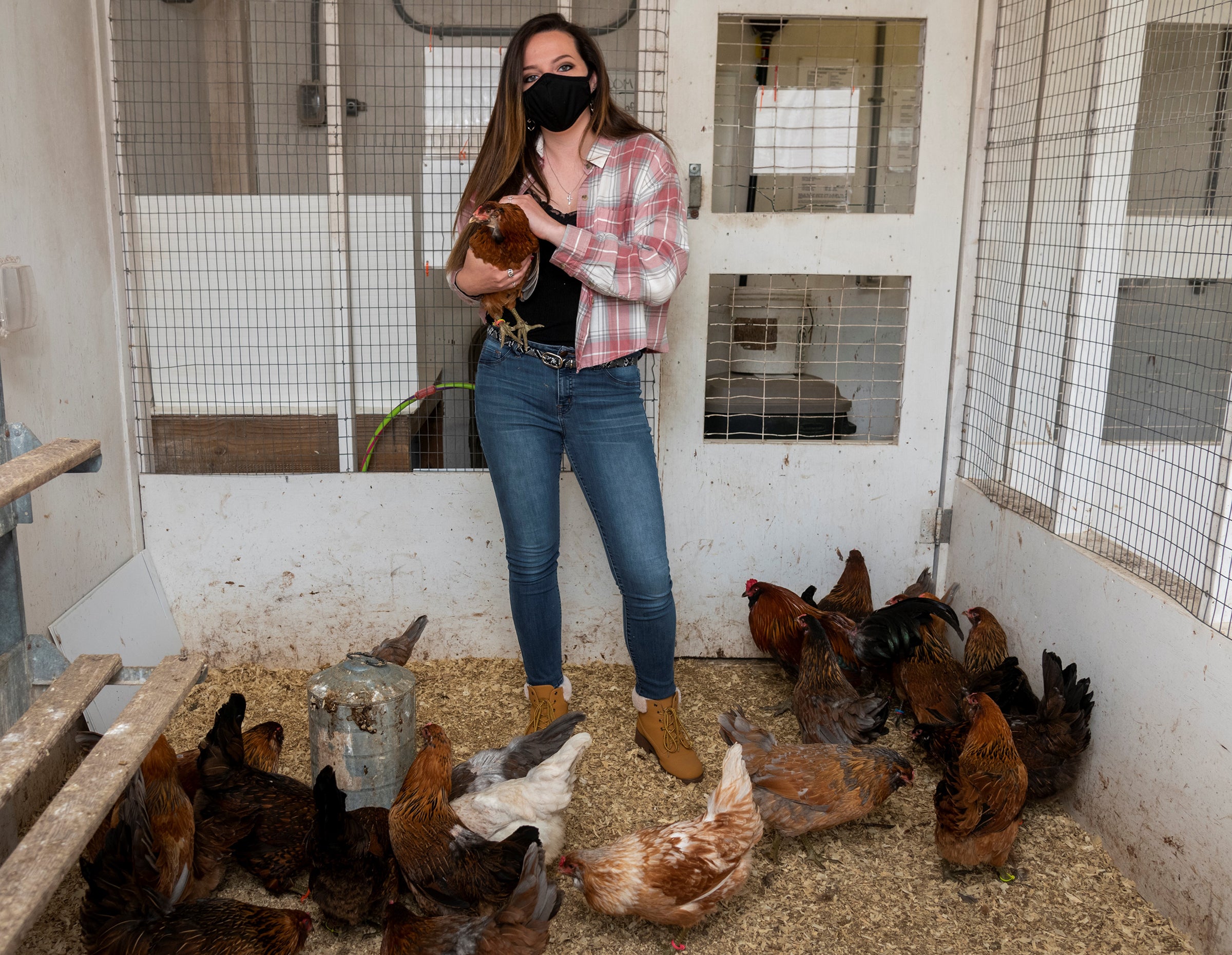
Handling: Handling your rooster correctly is the key to successful socialization. When handling your rooster, make sure to be gentle and slow. Pick up your rooster carefully, and make sure to support their feet and wings. Talk or sing to your rooster in a soft voice to help them stay calm and relaxed.
Training Tips: Start training your rooster at an early age. Teach them to come when you call them by using a whistle or a cluck. Offer treats when they come to you, and reward them when they do something well. Train your rooster to stay away from certain areas of your yard, such as where you grow your vegetables. You can also use a squirt bottle to discourage unwanted behavior.
Health Care
Vaccinations
It is important to get your 3-month-old rooster vaccinated to help protect it from disease. Vaccinations are typically administered by a veterinarian and include ones to prevent diseases such as Newcastle, Fowl Pox, and Avian Influenza.
Parasite Control
Parasites, such as lice and mites, can cause a range of health problems in chickens. A 3-month-old rooster should be routinely checked and treated for parasites to prevent infestations.
Signs of Illness
Watch for signs of illness such as decreased appetite, listlessness, and watery eyes. If any of these symptoms appear, contact a veterinarian as soon as possible. Also, watch for signs of respiratory illness such as sneezing and coughing, as this can be a sign of a more serious problem.
Frequently Asked Questions
How Much Space Does a 3 Month Old Rooster Need?
- Floor Space: A 3-month-old rooster should have at least 12 square feet of floor space in its coop.
- Perching Space: Each rooster should have its own perching space of at least 10 inches.
- Outdoor Space: It’s important to provide your rooster with access to an outdoor area. This should be at least 10 square feet of space with a 6-foot fence.
When raising a 3-month-old rooster, it’s important to provide it with enough space to move around comfortably. A lack of space can lead to stress, which can have a negative impact on the rooster’s health. To ensure a happy, healthy rooster, make sure it has adequate floor space, perching space, and outdoor space.
What kind of food should I feed my 3 month old roster?
At this age, your rooster should be eating a commercial chicken feed that is specifically formulated for young chickens. Avoid feeds that contain any animal proteins, as this can lead to aggressive behavior. Additionally, provide plenty of fresh water and some scratch grains, like cracked corn, for additional energy and nutrition.
Is there a specific temperature range that my 3 month old rooster should be kept in?
It is important to maintain a comfortable temperature range for a 3 month old rooster. The ideal temperature range should be between 21°C and 24°C during the day and 16°C to 18°C at night. Humidity levels should be around 30-60%. Make sure to provide adequate ventilation in the coop and extra bedding to help keep the temperature stable.
How often should I clean the coop of a 3 month old rooster?
It is recommended to clean the coop of a 3 month old rooster at least once a month. Cleaning the coop regularly keeps it free from parasites, dirt, and bacteria that can cause illness in chickens. Remove old bedding and replace with fresh bedding, and disinfect the coop with a safe cleaner to keep the environment sanitary. Also, make sure to check for any signs of disease or parasites, such as mites, and treat them promptly.
What Kind of Toys Should I Give My 3 Month Old Rooster?
Toys are an important part of a rooster’s life, providing stimulation and entertainment. Toys that can be chewed, such as cardboard boxes and paper towel rolls, are ideal. If you want to purchase toys, look for ones that are made specifically for chickens. These may include small balls, feathers, and bird-safe mirrors. Avoid toys with sharp edges or small parts that could be ingested.
Conclusion
Raising a healthy 3-month old rooster requires knowledge of proper chicken husbandry and understanding of the bird’s needs. Adequate nutrition, shelter and health check-ups are essential for the bird’s growth and well-being. Proper handling of the rooster and providing a safe, clean environment are also important to ensure the bird’s health and safety. With the right care and attention, a happy, healthy 3-month old rooster can be a great addition to your family.
